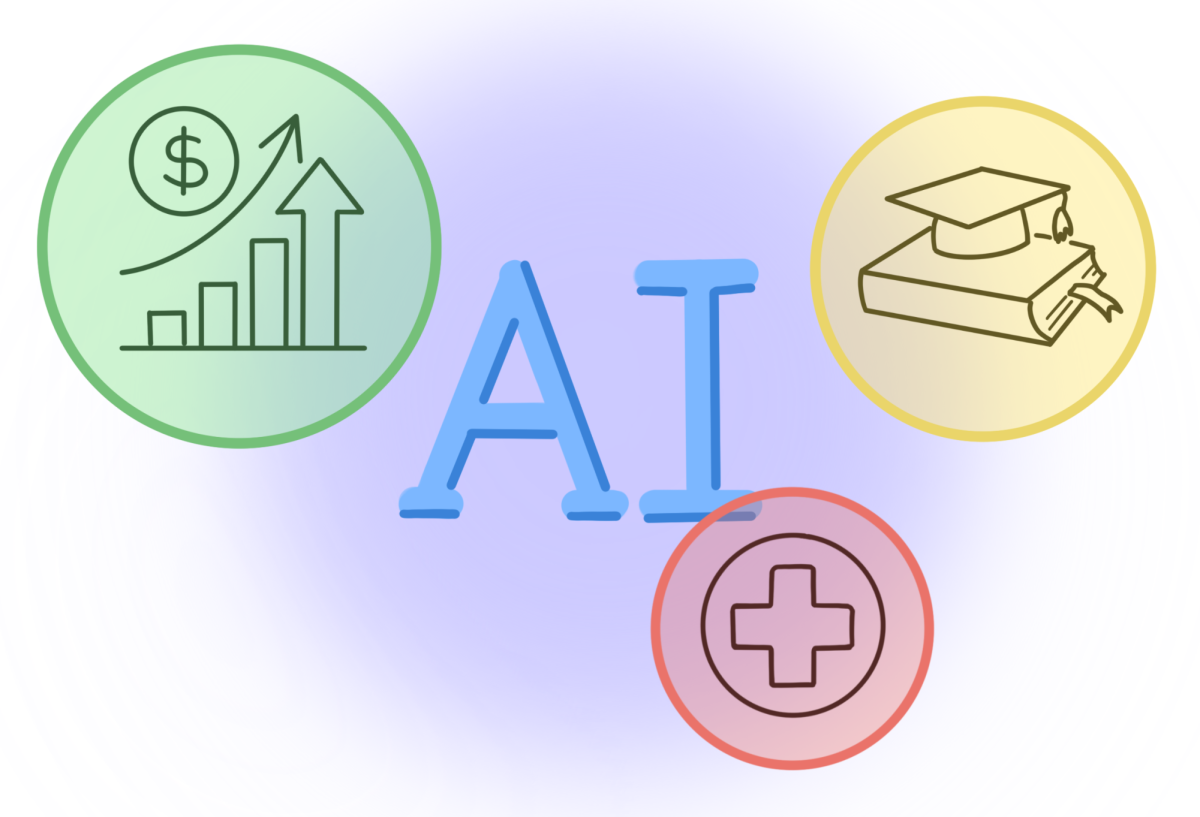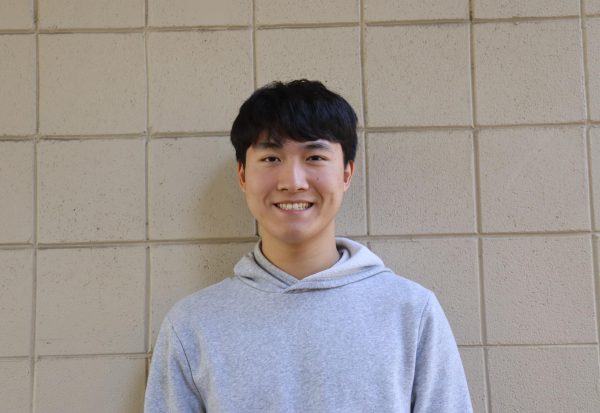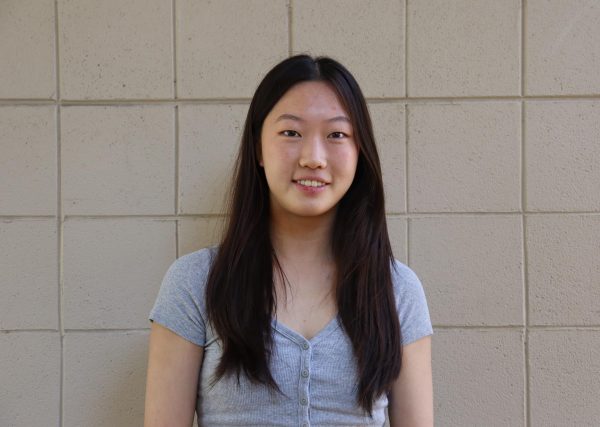What can artificial intelligence (AI) really be used for? Will it lead to the end of humanity (or at least jobs as we know them)? Should it be banned?
These and other questions are commonly heard everywhere today. While some perceptions of AI still remain at the level of “it helps sort out things” or “it suggests personalized workout plans,” AI actually has a much greater potential and power than many expect.
Imagine a world where diseases are diagnosed in seconds, potential food waste is predicted (and corrected) and education adapts to the needs of every individual. These science fiction ideas may become our eventual reality thanks to AI.
As AI advances, it will undoubtedly transform ways people work, solve global challenges and improve everyday lives. AI is a tool that can further humanity.
AI is already reshaping the economy by boosting efficiency and growth. Businesses use it to streamline operations, from warehouse automation to personalized customer service. For example, AI-powered logistics systems enable companies like Amazon to deliver products faster and more accurately. Virtual assistants and chatbots handle routine inquiries, allowing human workers to focus on those more complex and creative tasks. By reducing costs and boosting productivity, AI fuels economic innovation at an unimaginable pace.
Health care is another area where AI is helping at an unforeseen scale. Advanced algorithms can analyze medical data with precision, enabling early detection of diseases like cancer and Alzheimer’s. Google’s DeepMind, for instance, has developed AI capable of diagnosing over 50 eye conditions with human-level accuracy.
In drug inventions, AI can run virtual simulations to test medication content conveniently and more cost-effectively, also eliminating the risk of human testing. Robotic surgical systems powered by AI have a much greater precision than humans, and such accurate procedures can reduce recovery times, which can save lives and improve patient outcomes.
In education, AI is already increasing accessibility and personalization. Adaptive platforms like Duolingo tailor lessons to an individual’s progress. Tools for students with disabilities — such as speech recognition and transcription services — break down barriers to education. By addressing diverse needs, AI ensures more people have the opportunity to pursue education for free.
AI’s potential extends far beyond the present and opens new opportunities in fields like space exploration and climate science. NASA’s Mars rovers use AI to make autonomous decisions without having to send signals back to Earth and needing real-time human control, maximizing their mission success.
Back on Earth, AI can predict weather patterns, monitor environmental changes and optimize renewable energy grids. Such quick and precise information feedbacks help us combat climate change more effectively. Usages in these innovative fields demonstrate AI’s unlimited capacity that are just yet to be discovered and utilized by humans.
Critics often raise concerns about AI’s impact on jobs and ethics. While automation may replace certain roles, history proves that technological advances will always create new industries and opportunities. The Industrial Revolution and the rise of the internet sparked similar fears in the past but ultimately led to greater economic prosperity. Already, careers in AI development, maintenance and ethics are growing. Efforts to establish ethical guidelines and ensure transparency in AI decision-making further addresses potential fears.
Tackling bias in AI training is another main challenge faced by engineers, since the algorithms can only be as bias-free as the data they’ve been trained on. However, the industry is making the best effort to address this through many diverse databases and rigorous oversight. In order for AI development to be bias-free and comfortable for all to use, technicians must ensure that AI decisions are accurate and restricted.
Let’s be clear: AI is not just another usual technological advancement — it’s a transformative force incomparable to any previous human advancement. By enhancing industries, improving quality of life and solving global challenges, AI holds the key to a smarter and more convenient world. The question is not whether AI will define the future, but how we will guide its development to ensure it benefits everyone.



























